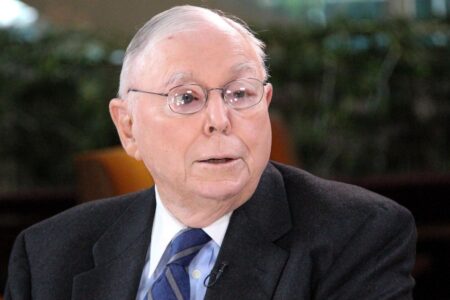We have all heard the saying “shirtsleeves to shirtsleeves in three generations”, there is a similar saying in Chinese that goes “Wealth does not last beyond three generations” (富不过三代 ). Both adages describe the general inability of wealthy families to maintain their wealth for over three generations. This has long been a concern for families worldwide, consequently fostering the growth of Family Offices which are primarily set up for wealth preservation. This article discusses the role of Family Offices and good governance practices in facilitating long-term generational wealth for ultra-high-net-worth families.
Family Offices are often created by families with the intention to preserve wealth and facilitate wealth transfer. According to the survey we conducted for our Global Family Office Compensation benchmarking report 2023 in collaboration with KPMG, 62% of Family Offices globally reported that the purpose of their Family Office is wealth preservation. Simultaneously, we also found that 42% of Family Offices worldwide do not have a formalised governance structure in place, a further 48% do not have an enforceable succession plan and more so, 52% do not have a Family Board. We believe that this is the reason why most Family Offices across the world only have one or two generations at play. To break the “shirtsleeves to shirtsleeves” curse, it is also very important for families to uphold good governance practices. A UK-based Family Office that serves and has managed over 5 generations of wealth for an ultra-high-net-worth family revealed in the European Family Office Report 2022 by Campden Wealth that their key to long-term generational wealth is being “governance heavy”.
ADVERTISEMENT
A robust governance framework is as crucial to the success of a Family Office as it is to a large corporation. To achieve good governance, it is important to treat the Family Office like a separate business instead of an extension of the family. The CEO, also a family member of the multi-generational Family Office told Campden Wealth that they have a 6-page long family constitution that sets out the mission, duties and expectations of shareholders, compensation and the general principles and aspirations of the family. The presence of a constitution allows the family to create consensus and instil values across the Family Office. This is a good practice that is, unfortunately, not often seen in the world of Family Offices, where loose and informal governance structures are prevalent. The long-lived Family Office also feature a family forum that allows the family members and shareholders to discuss all the Family Offices-related issues. Additionally, a family council consisting of 2 family directors and 2 other shareholders that “make the most important decisions” is present as an extra layer of checks and balances. This shows the family has a well-thought-through governance framework that facilitates long-term generational wealth for them.
Another key element to long-term wealth is an effective succession plan. Proactively developing continuity and succession plans is imperative for both the family and the Family Office. It ensures that the right people are assigned to the right roles as well as enabling a smooth transition between the incumbent leaders and successors. Embracing the next generation and actively involving them in the Family Office will also allow them to gain practical experience and a better understanding of how to protect the family’s legacy through the Family Office. The UK-based fifth-generation leader told Campden Wealth that the family has always intended to pass the wealth down to the next generation. As a result, they created a very transparent mechanism for succession planning that has significantly contributed to the longevity of the family’s wealth.
It is to note that succession planning does not necessarily involve the next generation family member. Family members may not have the professional experience, education, or aptitude required to take on the role. Family Offices often make the mistake of passing important roles onto the next generation even if they are not qualified or motivated to do so. Putting exceptional wealth and sensitive matters into the hands of a person that may be incompetent is precarious and is harmful to the longevity of the Family Office. As we discussed in our previous report “Who Is The Ideal Family Office Leader?”, looking outside of the family is a great way of professionalising the family’s wealth. Family Office may be benefited from external experts that can mentor the next generation or take over the role entirely. These professionals from benchmarked environments such as financial and professional services will be also able to transform Family Offices into professionalised entities with standardised processes.
ADVERTISEMENT
Misalignment of interests, goals and priorities is often the reason behind the failure of generational wealth transfer and long-term wealth preservation. Aside from being the steward of family assets and an investment management vehicle, the Family Office also plays an important role in bridging the generations and supporting family succession. We believe that the presence of a Family Office, paired with a clear governance framework can promote cohesion and act as a vehicle for consensus building. This is also demonstrated in the Campden Wealth interview, where the CEO suggests that most family members do not feel entitled to the enormous wealth, as they all receive 1% of net assets as dividends from the Family Office under the governance framework.
Wealth can be lost as quickly as it is created. With good governance practices in place, Family Offices can foster generational wealth transfer and preserve wealth for generations to come. As we highlighted previously, we strongly recommend families establish a Board or Investment Committee with external experts that can bring a fresh perspective on best practices and oversees the major decisions. This ensures a smooth and stable operation, contributing to the Family Office’s longevity.
Read the full article here













